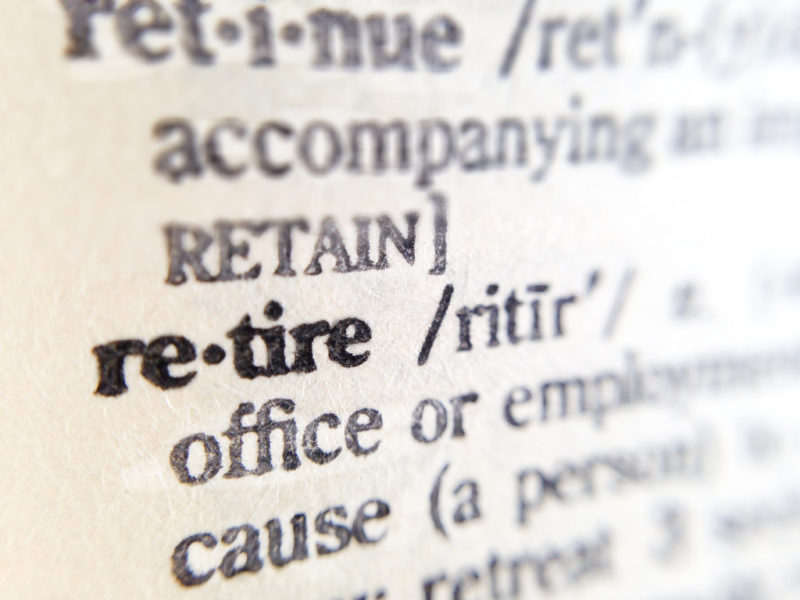
Retirement Series: Final Wrap Up
Turnkey Rental Investment vs. The Traditional Retirement Plan: Wrap-Up
This article is the final installment in a series on retirement plans. In each post, I’m stacking up traditional options over against turnkey real estate investment. My goal is to show you why you may be better off calling your local real estate agent instead of your stockbroker.
Over the last couple of weeks, I’ve been sharing traditional ways to save for retirement and comparing each to turnkey rental investment.
Here’s a quick recap of what I’ve covered up to this point:
401(k) – This program is a staple in most traditional retirement planning. It’s hard to argue with matched funds from an employer. Nevertheless, early withdrawal penalties and taxes on payouts in retirement make rental investment an attractive alternative.
Traditional IRA – Anything that helps you reduce your annual tax liability is worth a close look. In that respect, the traditional IRA is attractive. Like the 401(k), however, the tax-man will still collect his due when you begin drawing funds in retirement.
Roth IRA – For most scenarios, the Roth IRA is more attractive than the traditional. By investing after-tax dollars, you can skip paying taxes once your money has grown. Even so, this plan forces you to hitch your wagon to the New York Stock Exchange.
Savings (Traditional/Money Market/Certificate of Deposit) – Savings accounts are perfect for keeping money safe but terrible for making it grow. They have their place, to be sure, but they shouldn’t be anywhere near the center of your retirement plan.
Three Big Reasons to Go With Turnkey Rental Investing

- Real Estate is Real
Big surprise, I know. The long and short of it is this: when you buy stock in a company (or in lots of companies via a mutual fund), you’re buying an ephemeral portion of some border of directors’ promise to have a great year and give you .00015% of their profits in return.
With real estate, on the other hand, you’re buying a real piece of tangible product. That company you invested in may vanish tomorrow. You have no control over that whatsoever. In contrast, your rental property is all yours to have and to hold until retirement does you part
- Using Other People’s Money</strong>
Even with a matched 401(k), saving for retirement with a traditional plan means forking over a whole bunch of money month after month. Sure, that sounds reasonable. It is your retirement after all.
On the flip side, what if I could tell you there’s a way to get other people to fund your retirement account for you? Would you be interested? Of course, you would.
Allow me to introduce you to rental property. If you do your math right and pick your properties well, you can arrange things so that your renters provided the capital to fund and grow your retirement savings.
Pretty sweet, right?

- Providing Value to Others
If you think about it for a moment, that last point can sound a bit opportunistic—maybe even on the exploitative side. Sure, there are a few bad eggs who see rental investing as an opportunity to take advantage of people for their own benefit.
On the other hand, owning rental property gives you the chance to help others. When you rent a house, you provide an actual home for real people. You don’t transfer your funds into the ether via some online stock broker or transfer your cash in some CEO’s pocket.
You put a college student in his first solo apartment.
You put a young married couple in their first home.
You give a relocated family a place to live for a year while they get established.
We could multiply the stories here…
Yes, you’re going to make money in the long run… a lot of it, actually. But, why shouldn’t you be compensated for the value you offer?
With that, I’m drawing this series to a close. If you’ve learned anything new about saving for retirement or if you still have questions you’d like answered, I’d love to hear from you. Feel free to shoot me an email or leave a comment below.

